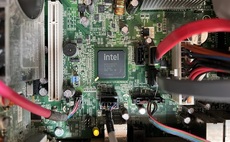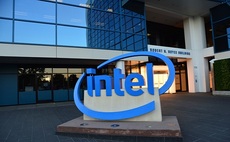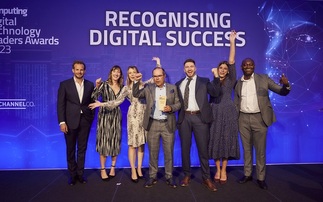Grove: One of the key figures of the modern computing age, and a driving force behind Intel's rise to dominance
Andy Grove, the former chairman and CEO of Intel, and one of the driving forces behind its growth and success, has died at the age of 79. A Hungarian-American, born András István Gróf, Grove is...
To continue reading this article...
Join Computing
- Unlimited access to real-time news, analysis and opinion from the technology industry
- Receive important and breaking news in our daily newsletter
- Be the first to hear about our events and awards programmes
- Join live member only interviews with IT leaders at the ‘IT Lounge’; your chance to ask your burning tech questions and have them answered
- Access to the Computing Delta hub providing market intelligence and research
- Receive our members-only newsletter with exclusive opinion pieces from senior IT Leaders






















